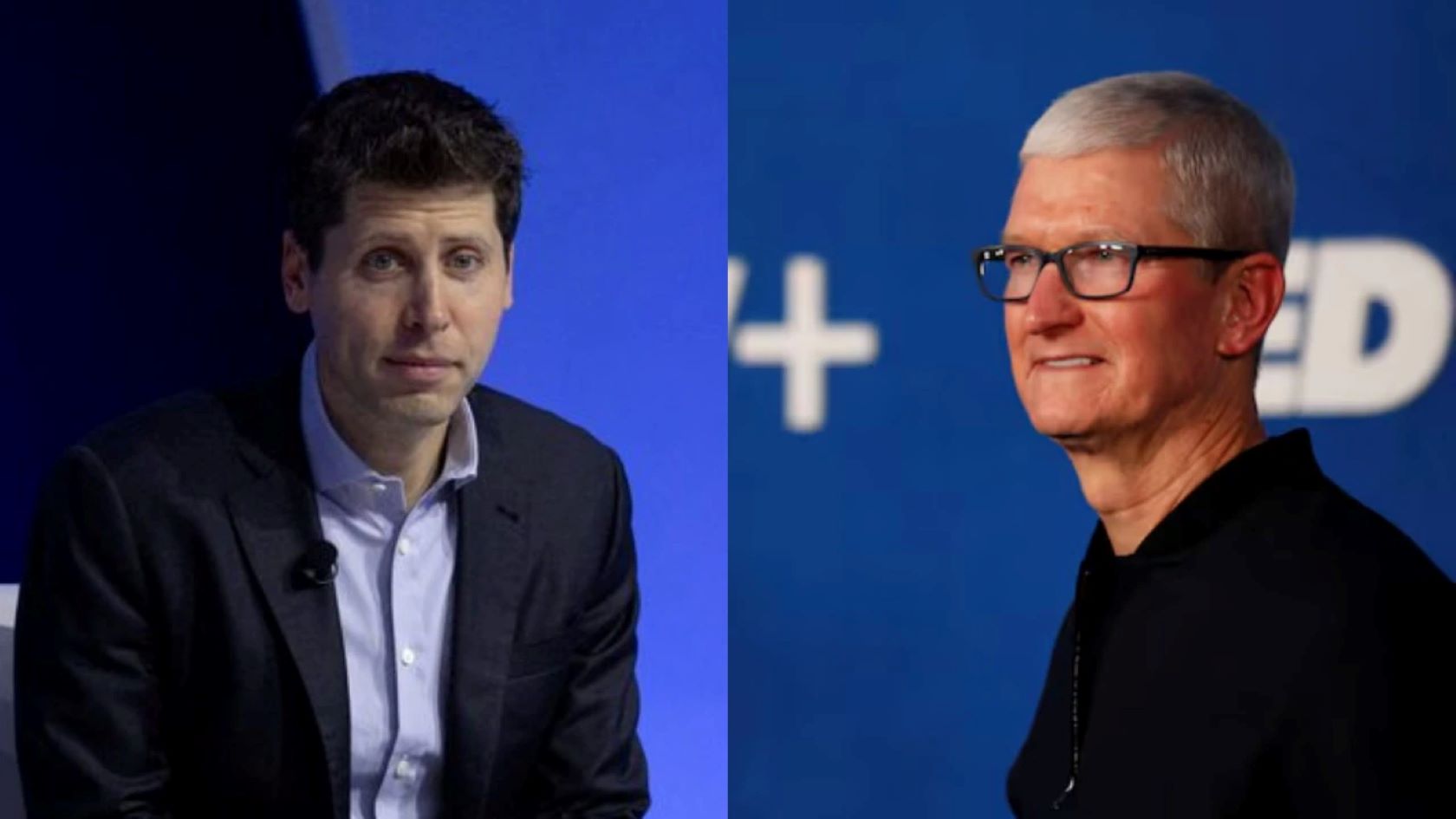DEVELOPING: OpenAI has made a bold move into consumer hardware by hiring over 40 former Apple employees in a rapid expansion that signals a significant shift in its strategy. This comes shortly after the company’s $6.5 billion acquisition of io Products, a design startup co-founded by renowned designer Jony Ive.
This strategic hiring spree suggests that OpenAI is not merely experimenting but is actively preparing to launch a new family of AI-first devices. Industry insiders anticipate that the first product could be unveiled as early as late 2026 or early 2027.
The new hardware division is reportedly developing a range of innovative consumer devices, starting with a screenless smart speaker that could redefine everyday interactions with AI. This device is expected to be more conversational and seamlessly integrated into users’ daily routines, setting it apart from existing products like Amazon’s Alexa.
Leading this ambitious project are key former Apple executives including Tang Tan, who now oversees the io division at OpenAI, and Evans Hankey, the former head of industrial design at Apple. This team brings extensive experience in product design and engineering, including expertise in camera technology, silicon design, and device testing.
Reports indicate that OpenAI is collaborating with major suppliers from Apple’s network, including Luxshare, a primary assembler for the iPhone, and Goertek, known for components in AirPods. These partnerships are critical for the manufacturing of OpenAI’s upcoming devices.
“This level of talent movement in such a short time is unprecedented. OpenAI is clearly positioning itself as a formidable player in the hardware space,” said an industry analyst.
Additionally, OpenAI has confirmed a partnership with Foxconn, formally known as Hon Hai Technology Group, to co-design and manufacture advanced hardware specifically for AI data centers in the United States. This collaboration underscores OpenAI’s commitment not only to consumer products but also to the infrastructure that supports AI technologies.
The implications of this hardware push are significant. By controlling both the AI model and the hardware, OpenAI aims to enhance the overall user experience, moving beyond traditional devices like smartphones and PCs. The company is set on crafting devices that allow AI to blend seamlessly into everyday life, making it feel less like a tool and more like an integral part of modern living.
As OpenAI continues to build its team and refine its product offerings, the tech community will be closely watching developments. With industry veterans at the helm and a clear vision for AI integration, OpenAI is poised to make waves in the consumer hardware market.
For those interested in the future of AI and technology, this evolving narrative is one to follow closely. OpenAI’s hardware ambitions could redefine how consumers interact with AI in their daily lives.
Stay tuned for more updates on this developing story as OpenAI gears up to unveil what could be a revolutionary shift in consumer technology.








































































